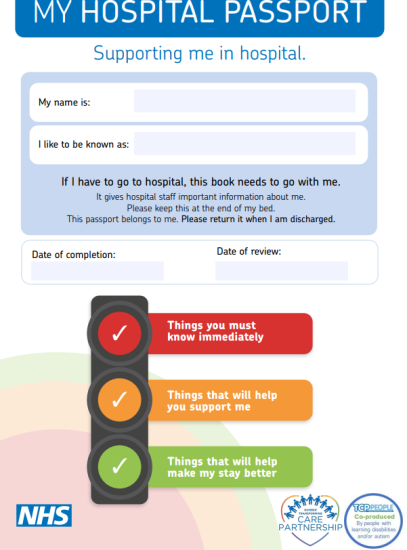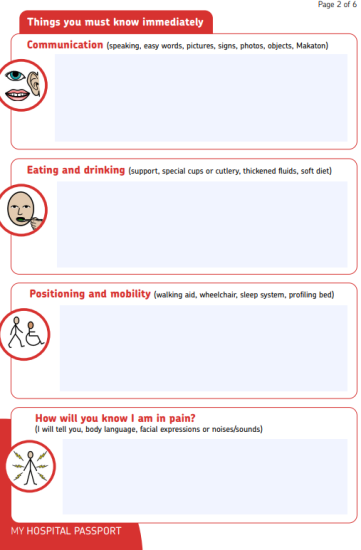Transforming Care Programme
What is the Transforming Care Programme?
The Humber Transforming Care Programme covers the East Riding of Yorkshire, Hull, North Lincolnshire and North East Lincolnshire and aims to ensure that individuals with a diagnosed Learning Disability (LD) and Autistic Spectrum Condition (ASC) are supported within the local communities, to avoid unnecessary in-patient mental health admissions.
The Transforming Care Programme is a national priority that focuses on improving services for children and young people with learning disabilities, autism or both, and who also have challenging behaviour or mental health conditions.
What are the aims of the Transforming Care Programme?
- Children and young people are supported to have a good quality of life, are treated with respect and feel at home in their local community
- Children and young people should be kept safe but at the same time be supported to take positive risks
- Children and young people should have choice and control over their lives
- Children and young people’s support should be provided in the least restrictive way
- Children and young people should get equal health outcomes to the rest of the population
We are committed to making sure children and young people with learning disabilities, autism or both have the right to the same opportunities as anyone else.
To do this we need to make services in the community better, this will mean that children and young people will be able to get their health care at home or near to where you live.
Contact details
Joanne Pannhausen – Admission Avoidance Manager – Children and Young people (East Riding of Yorkshire CCG)
Email: joanne.pannhausen@nhs.net
Useful Links
NHS England » Transforming Care Partnerships
Humber Transforming Care Partnership (TCP) – Hull CCG


